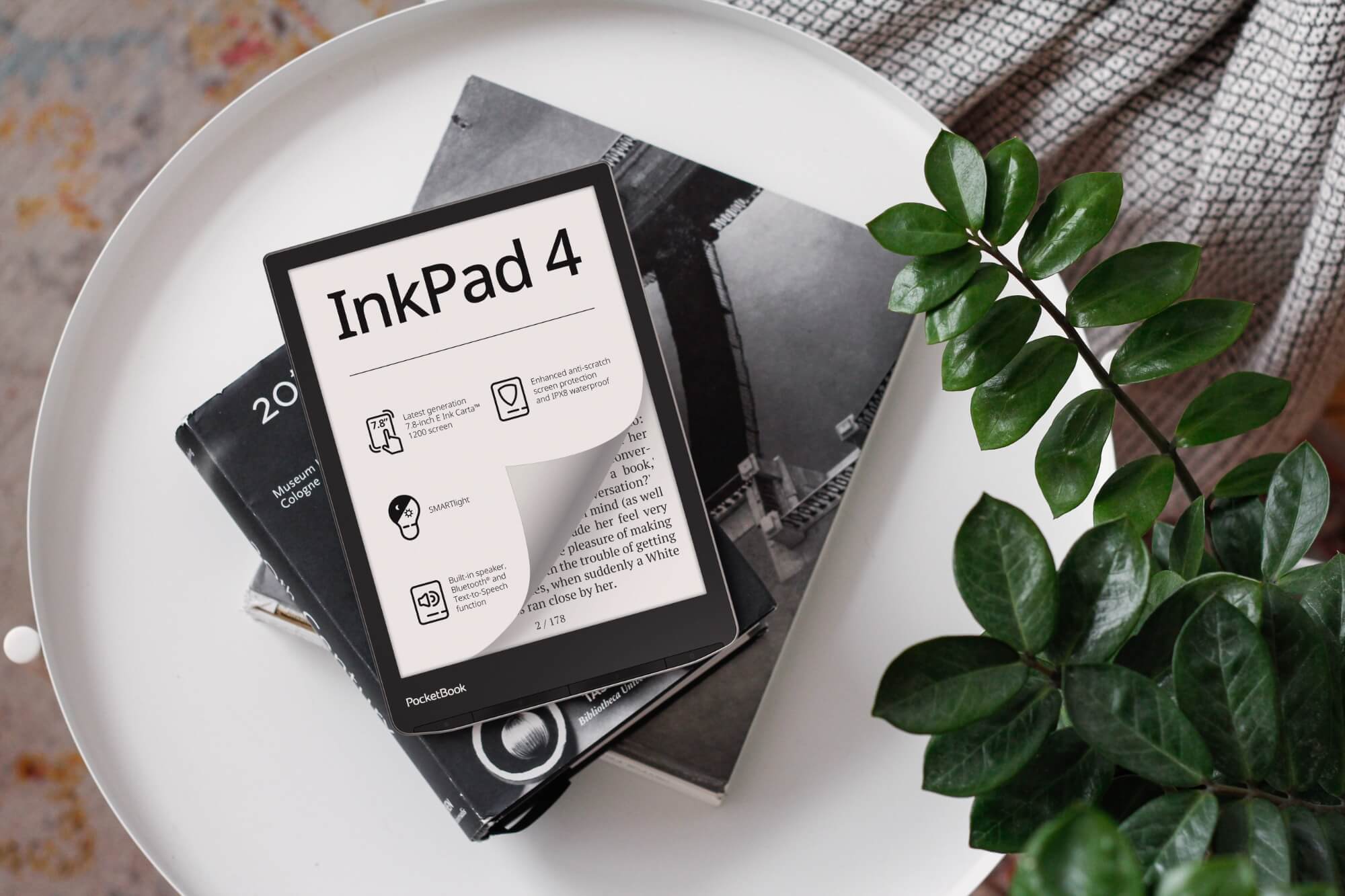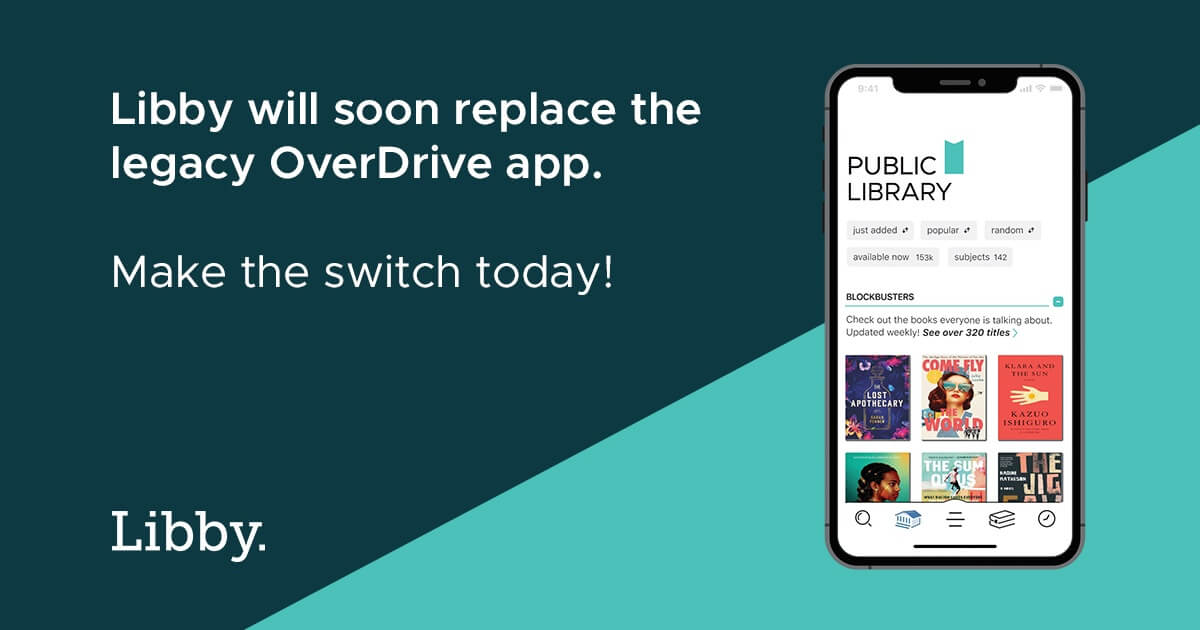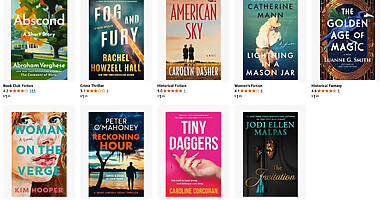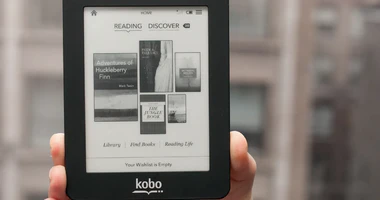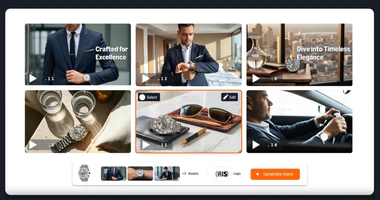The Overdrive Media Console or the Overdrive app for Android and iOS is being discontinued. This flagship app was released in 2010 and has been the only way to read ebooks and listen to audiobooks or graphic novels. This app is in the process of being sunset. New app downloads were pulled from the Google Play and Apple App Store platforms late last year, and on May 1st, the service to the app will be shut off. Replacing the Overdrive app is Libby, a modern app that has more functionality and better design principles.
Libby was released in 2016 and can do a few things that the main Overdrive app cannot. You can sign in to multiple libraries with one or more library cards, and all your holds and loans are consolidated on a single shelf. The main e-book reading app is also more advanced. You can think of Libby as more minimalist and robust than the central Overdrive Media Console. It also has a better audiobook player, has a better rendering engine for comics, graphic novels and manga. Users in the US can borrow Kindle books right on the app and apply and get a library card without having to visit a physical branch. You can think of Overdrive as the company that distributes content to libraries and schools, but their main app is called Libby.
According to the company, the idea behind ceasing development and shutting down OverDrive is to shift the focus of the company’s development teams to just Libby. There was an inherent redundancy in running two apps that did the same thing. The company says it will make it easier for libraries to promote digital content and train users. To prepare for the transition, OverDrive has been offering libraries webinars and virtual training sessions, marketing kits and preparation checklists with best practices and recommended steps, among other things, to help them prepare themselves and their patrons for the transition.
What do you need to know about switching from the main Overdrive app to Libby for the average user? All of your holds, wishlists and loans will be automatically transferred over. However, your loan history will not, but you can export that data and import it into Libby. Libby is compatible with Apple CarPlay, Android Auto and Sonos Speakers, making listening to podcasts or audiobooks quick. Libby also provides access to other entertainment resources, if supported by the library, like Kanopy, Craftsy, Universal Class, and Indieflix.
Kobo users will continue to see Overdrive branding on their e-readers. They will continue being able to enter their library card and PIN in the settings menu and can browse the local branches’ collection of content and check out books and read them on the Kobo. Everything will remain the same with the switch to Libby since Libby is just a new app for your iPhone or Android Phone.
Overdrive Libby will be the only app in the future. Users can access audiobooks, podcasts, videos, and digital books. There are over 7 million titles in the Overdrive category, but depending on the size and location of your local branch, the number of titles will vary. They have 4600 digital magazines and 225,000 graphic novels, such as comics and manga. They deal with the most prominent companies to power the catalogue, such as VIZ, DC, Marvel, IDW, Dark Horse, Kodansha USA and many more. However, most branches emphasize audiobooks and ebooks. This content comes from major publishers like Hachette, Harper Collins, Simon and Schuster, and Penguin Random House. These publishers represent the vast majority of what you see on a typical bestseller list, in addition to older books too.
Users who continue to access the Overdrive app on Android, iOS and Windows will see a series of popup messages in the app explaining why they’ll need to switch to Libby, which will link to a resource page about the transition. I know that when you use a specific app for a long time, sometimes change can be challenging. Switching to Libby will be the only way to access free library content in the future, for good or ill.
Michael Kozlowski is the editor-in-chief at Good e-Reader and has written about audiobooks and e-readers for the past fifteen years. Newspapers and websites such as the CBC, CNET, Engadget, Huffington Post and the New York Times have picked up his articles. He Lives in Vancouver, British Columbia, Canada.
